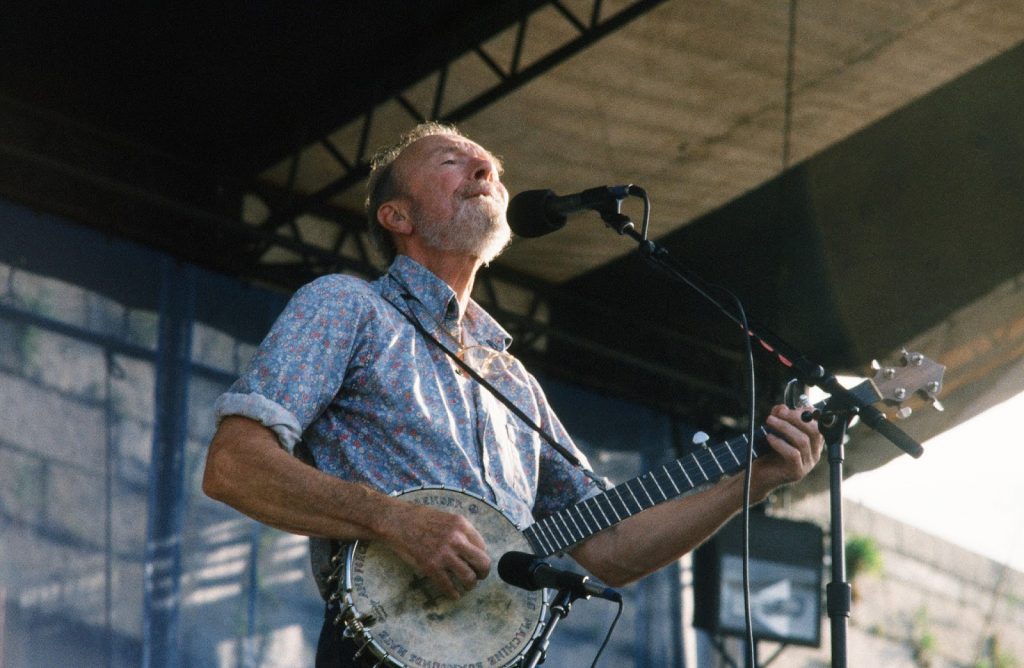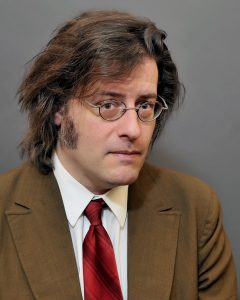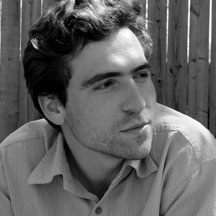
Arts and Entertainment reporter Rick Massimo is well aware of the lack of historical research on the Newport Folk Festival. The 53-year-old’s “I Got a Song: A History of the Newport Folk Festival” is perhaps the one book that fills that void, in a thorough and intensely researched way.
“I feel like a lot of people take the festival for granted,” said Massimo in a recent phone interview. “There’s just an attitude that it runs itself at this point.”
Few realize the modest start that the Newport Folk Festival came from. Founded in 1959, it is one of the oldest folk festivals in the country. Co-founder George Wein also founded the Newport Jazz Festival in 1954, the first jazz festival of its kind, and the folk fest was “nursed along” by folk star / political activist / blacklisted communist Pete Seeger. While the Jazz Festival is the premier jazz stomping ground in the country, the Newport Folk Festival has much tighter competition; that said, thankfully it is no Bonaroo, it is no Coachella. Smaller, yes, Newport’s festival is also more tightly controlled and less… drug-addled.

Also unlike Bonaroo and Coachella, the Newport Folk Festival has a deep sense of its place in history.
“People understand that history, they know it, and they’re happy and they’re honored to be a part of it,” said Massimo.
The best known part of that history is Bob Dylan’s famous electric conversion in 1965. Festival goers were perplexed and felt betrayed by Dylan abandoning traditional acoustic folk, and as the story goes, booed and harassed Dylan. Massimo’s chapter on this event is unique in the book, as it is a collection of quotes from different players on that day in July 25, including Pete Seeger, who allegedly threatened to cut the power cables with an ax.
“Finding all that stuff, but sort of bringing it together was a bit like a DJ or a producer putting together samples and making it into a track. It was among the hardest chapters to write.”
Despite the historic context of that moment, Massimo finds the most memorable moment to him to be the arrival of Cajun Band in 1964. Cajun music, which previously was discredited and discarded in the South, suddenly “came to be respected, [and] they weren’t going to be treated second class anymore.” Massimo is considering writing a second book on the history of Cajun music.
The impetus for “I Got a Song” comes from George Wein, of course, and also his socially conscious wife, Joyce, who is now deceased. Joyce propelled Wein to found the Jazz Festival and legitimize what was formerly known as black people’s music, in a time of Jim Crow and the Civil Rights movement. “[Wein’s] attitude that ‘you prove people wrong, and you don’t tell them they’re that wrong’ … you live your life. That was really meaningful to me. On the train ride home from [interviewing George Wein in] New York, that day was when I realized that I could write a book about this.”
This deep history is perhaps what haunts and inspires the festival to this day.
“It’s a beautiful venue. [Fort Adams] is a weird venue … Jim James talked a lot in my book how it feels like it’s full of ghosts, it feels like it’s a magical place … There’s this whole different feeling to the place that you don’t get in a more traditional kind of venue.”
It’s a rare kind of festival that not only plays a role in music and Civil Rights histories, but continues to shape history today.
Find Massimo’s “I Got a Song” on Amazon. And get information on this year’s lineup at the Newport Folk Festival site.
